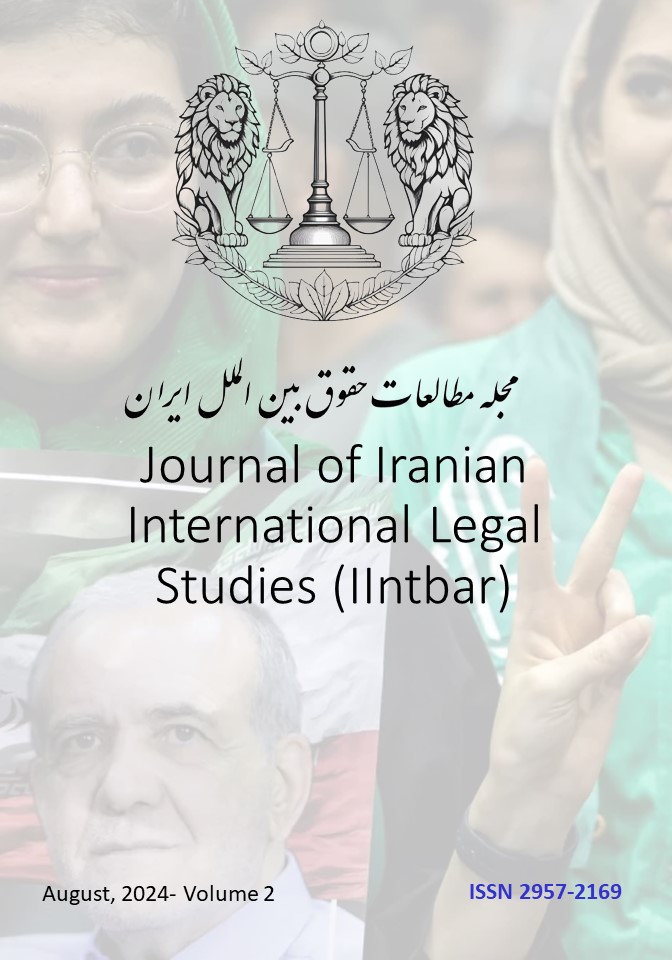Dr. Amir Ali R. Davoodpour
Education has always been a suitable path to ensure the correctness and well-being of one’s life. The pursuit of further education gathers the hopes and aspirations of families, envisioning their children seated in a good place during the day, engaging with ethical principles, knowledge, and correctness. The continuation of education often extends well into one’s forties and beyond, progressing from a bachelor’s degree to a master’s, from a master’s to a doctorate, and from a doctorate to a post-doctorate, ultimately reaching the aspiration of a teaching position at a university.
The number of teaching positions in universities and the capacity of non-native universities to accept foreign professors, coupled with the financial benefits for research, are concerns for doctoral and post-doctoral students and even university professors. In essence, the economic cycle of education culminates in the circulation of research funds (grants).
While researchers face a challenging path to secure research funding, in a market economy, the situation is different. Investments in knowledge-based companies, cryptocurrencies, bank loans, etc., are easily injected into the economic cycle. Entrepreneurs and those capable of designing, constructing, and presenting their equipment find it relatively easier to secure financial support for their ventures compared to theoretical researchers.
Entering the cycle of education is stepping into the small wheel to reduce societal costs and economic losses. In this small wheel, society’s investment is simulated on a small scale to prevent society from experiencing incorrect beliefs and substantial losses. Those who fail to grasp the concept of the small wheel find themselves in the hardships of life.
However, the act of studying and continuing education is an essential research topic. How can we compare it financially to those who are independent of universities and indifferent to jobs related to higher education (Ph.D. and post-doctoral)? What are the percentage to those who have obtained teaching positions in universities? How many have taken fewer steps than others under economic pressure, having realized that in economic downturns?
More importantly, the level of utilization of research conducted at the higher education level (master’s, Ph.D., and post-doctoral) and its compatibility with local and executive needs are crucial.
In the realm of execution, the application of research achievements in one’s social administration poses challenges to executive and administrative systems. Therefore, the question becomes imperative for educational philosophers. Avoiding the pitfalls of conscription and unemployment compels some towards compulsory and inefficient pursuit of higher education.
It can be said that the commission from selling a property in Dubai, Turkey, and even Iran exceeds the earnings of postgraduate students in Europe over a period of one to two years. A country experiencing such economic hemorrhage may not necessarily have an educational philosophy or economic justification as well as philosophical plans for their students.


